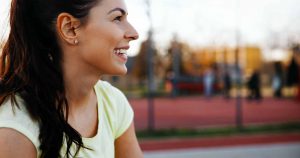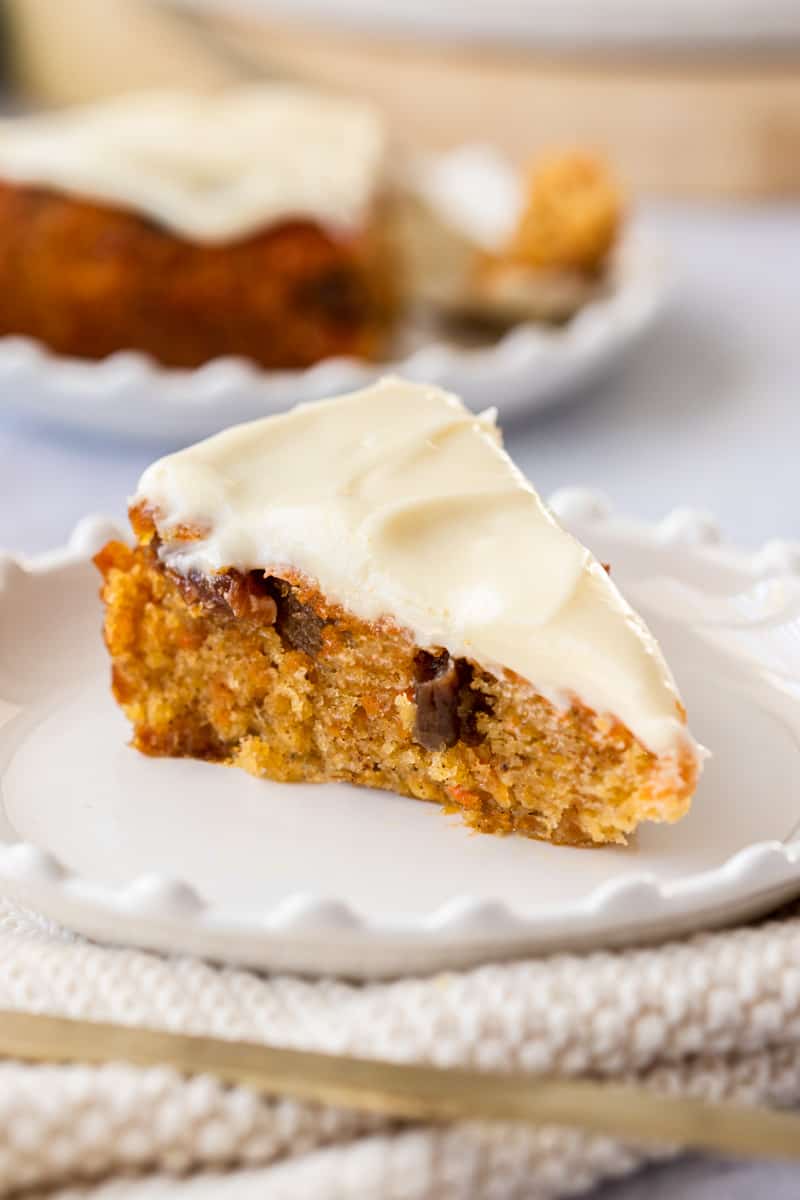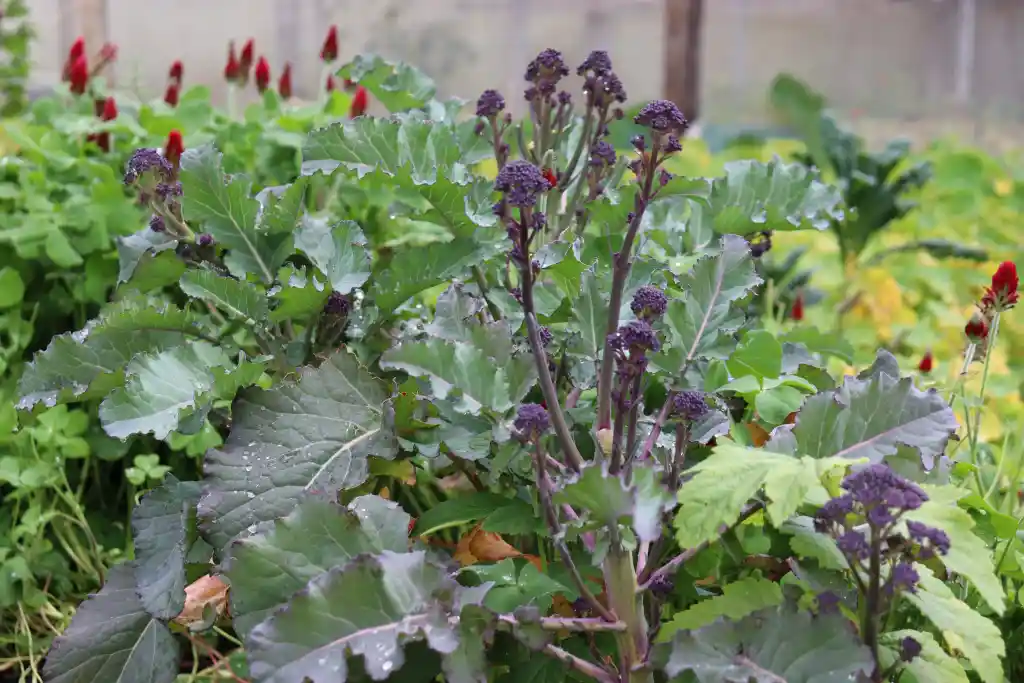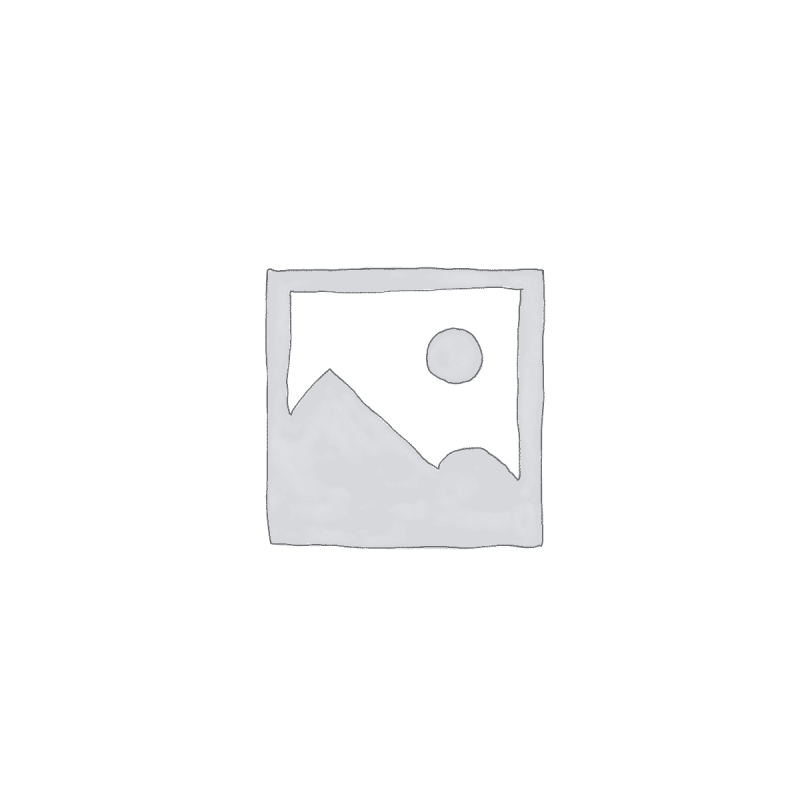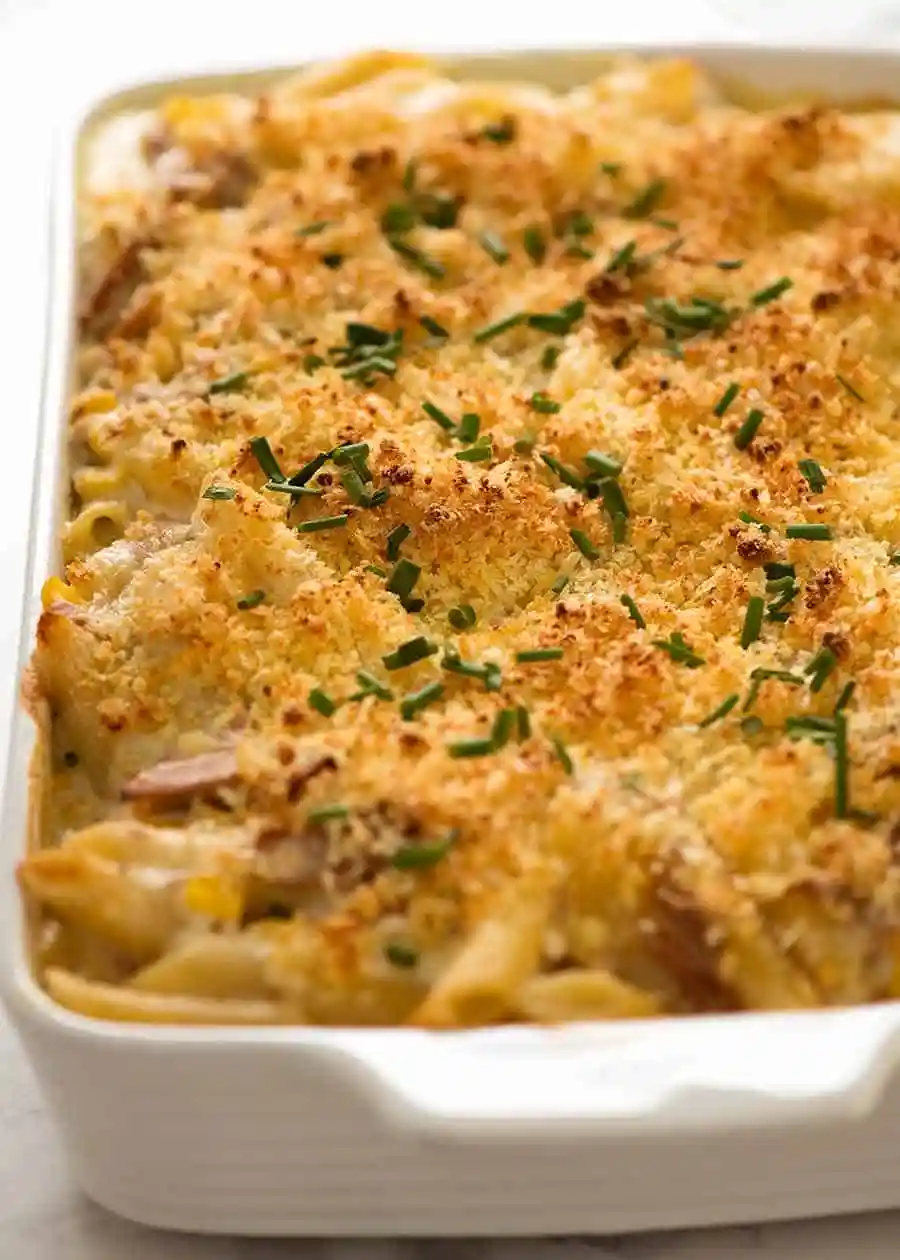
It’s hard to deny that society’s addiction to plastic is causing a whole heap of serious environmental harm. In response, more and more Kiwis (equipped with their trademark ‘can-do’ attitude) are reevaluating their relationship to waste and incorporating low-waste alternatives into their lifestyle. Here’s how to get on board with this growing movement!
One of our Wellington store staff members, Giulia was an early adopter to the low-waste life, beginning her zero waste journey 4 years ago when she first moved to Wellington. We sat down with her for a (Keepcup of) coffee and picked her brain about how to transition towards a plastic-free life.

Commonsense staff member Giulia, aka “Superkarrott” from the blog grassfordinner.com
“For me, the way I looked at waste changed when I contemplated the fact that I only get to live on this planet once, and I want to do everything in my power to lessen my negative impact on it.”
Know your waste
To get started, Giulia monitored her rubbish for two weeks. She kept it all in bags and at the end of the two weeks, emptied it all out onto the kitchen floor and took a real serious look at her buying choices (which she says were a shock!)

The 5 Rs
Having identified what she was dealing with on a regular basis, the next step was to look for ways to swap out the waste she was generating for lower waste alternatives. To do this she used “the 5 R’s” as a way of prioritising her options: Refuse, Reduce, Reuse, Rot and Recycle.
Refuse
Obvious items include carry bags, straws and products that can easily be replaced with glass jars (eg jam and peanut butter).
“I’ve realised there are actually heaps of other things I don’t need. I have fun making skin care products but mostly I’ve just stopped using things like scrubs and cleansers – which has been working wonderfully for my skin! And fingers work great for application without cotton buds or wipes – just make sure they’re clean.”

Being prepared is key to a low waste life
Reduce
In a world where we are bombarded with encouragement to consume all the time, reducing our consumption, is where many of us who are new to the zero-waste journey can make a big impact. Consider if there are things you can simply do without. Anything that you can’t do without, ask yourself, can I use less of it? For example consider using water to thin down milk for use in smoothies and porridge, so you can buy less of it.
Reuse (and Repair)
Before throwing things away consider whether you can repurpose them. Jars and plastic zip-lock bags can be used for refill bulk items. And often clothes and electronics can be repaired instead of being discarded. If you don’t have the skills to do this yourself, seek out repairers, tailors and other skilled professionals as it is important to retain these skills in our community. It’s unfortunate that it is sometimes more cost effective to throw something away and buy new, but by now we should all know that doing the cheapest thing is not the same as doing the right thing.
Giulia says that 99.9% of her purchases are second-hand items. This is not only a sustainable way of consuming but it also means when she has to buy new, she can afford to buy good quality, sustainable and ethical brands.
Rot
So much can go in the compost! – Cellulose, paper, silk dental floss, toilet rolls, tissues and of course food scraps. Don’t confuse cellulose with cellophane though as cellophane contains plastic and is not recyclable.
While it may not seem so, sending food waste to landfill can be very damaging, as it is not able to break down naturally. Instead the waste creates pockets of methane gas which can leak into the atmosphere if not captured. If you don’t have your own home compost, consider getting one to help reduce your waste. Alternatively, take a look at local community gardens who will often happily take it off your hands.
Recycle
Glass and plastics no. 1 and 2 can all be locally recycled so are a better option than other plastics (no.s 5 and 7 are commonly used in food) which tend to end up in landfill. But for committed low-wasters like Giulia recycling really doesn’t sit well:
“I try to avoid recycling just as much as landfill waste. Recycling is not the solution because they are still generally disposable containers that were made using energy and resources. For example, I will use dried chickpeas to make hummus rather than tinned chickpeas.”
Make your own
A huge part of finding alternatives to the products you use daily is learning how to make them yourself. Luckily, there are thousands of recipes online for everything from oat milk to deodorant.
It can be easy and fulfilling to make your own products and at Commonsense, we have products in bulk to assist you in making your own waste free food such as bread, baking, hummus and dairy free milks.

Source unpackaged ingredients from our Refill Sections to make your own products from scratch.
“It’s awesome to find something you can do that is good for your body, your finances and for the planet all at the same time. When I began buying more whole foods and less processed foods, I saved money, felt healthier and more grateful and connected to the food I was eating.”
Be prepared!
Planning is a big part of zero-waste living and does take time at the beginning, but Giulia says that as you make small changes each day, it gets easier and ends up saving you a lot of time in the long run.
“Being prepared means I never leave the house without a bag. In it, I usually have my water bottle, canvas bags, reusable coffee cup, face cloth (so I don’t need to use napkins), a set of cutlery, and I often bring snacks from home so that I don’t get caught hungry and pushed into buying something packaged when I’m out. It felt a bit odd at first, but soon I just got used to bringing these things with me, just like I remember my purse and keys when I leave the house.”
Be Gentle with Yourself
Remember that zero-waste is a journey, not a destination. Being absolutely zero waste in this life looks more like living wild in a forest than an Instagram-able packageless pantry – the fact is, if you buy food or use a phone or live in a house or drive a car, you are a part of a system which produces waste. Don’t stress about it. Do what you can each day, and when you lapse (as we all do), take a deep breath, forgive yourself, celebrate yourself for being conscious enough to notice and move on.
“My purchases produce very little waste but I’m not a magical being from another dimension, I’m just human, I make mistakes and I’m not doing anything special, just reducing my waste one day at a time.”

Alongside working at Commonsense, Giulia runs this awesome blog with heaps of advice on going plastic free.
Some of Giulia’s favourite resources:

